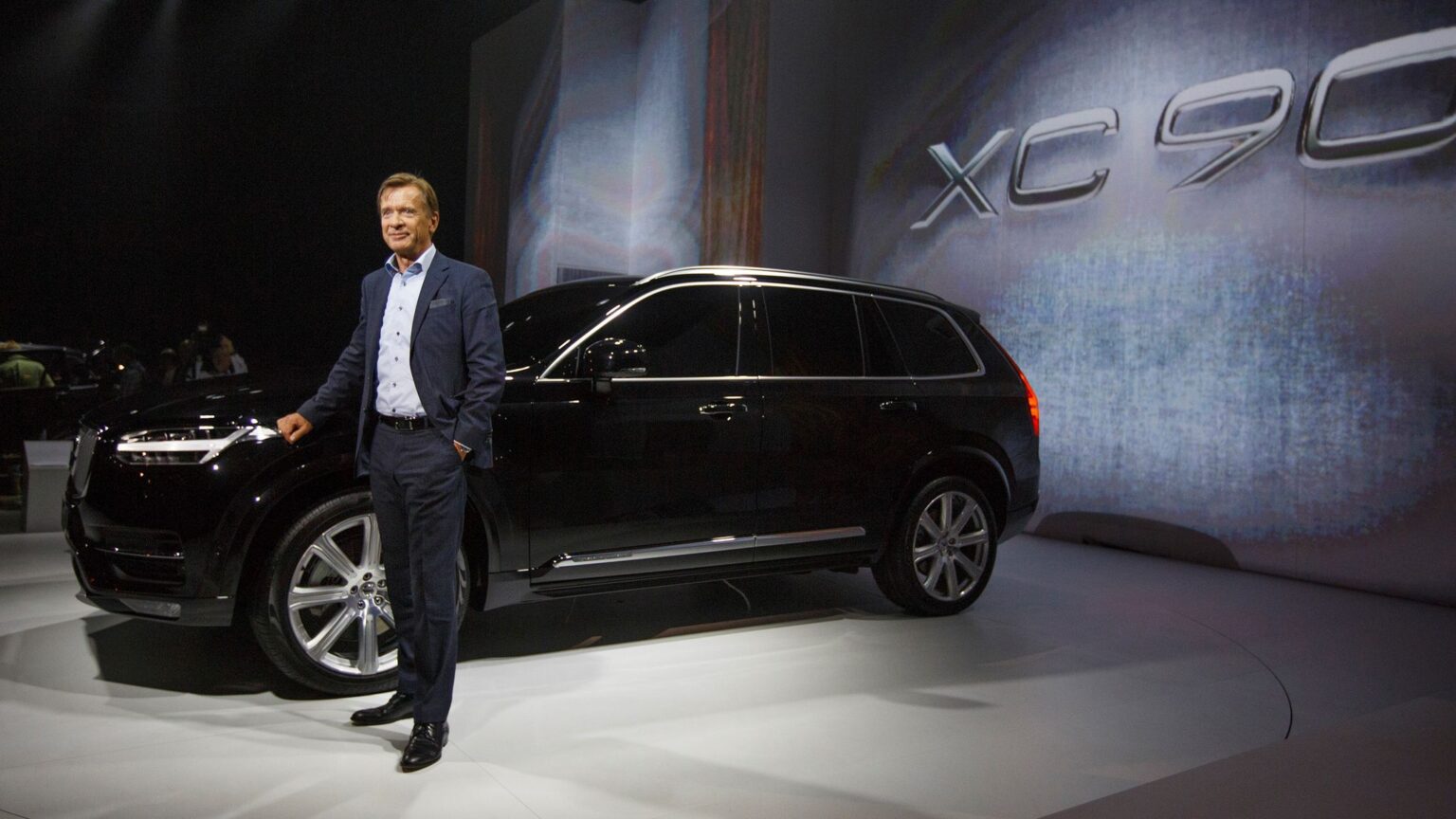Volvo Cars’ old CEO, Håkan Samuelsson, will be returning to lead the company for the next two years, replacing the automaker’s current chief, Jim Rowan. According to Volvo’s official press release and a contributing Reuters report, the Swedish automaker hopes Samuelsson’s long-time experience will help the company weather the Trump Administration’s tariffs, as well as other rising industry challenges.
Samuelsson ran Volvo Cars for nearly a decade, between October 2012 and January 2022, and is largely responsible for helping Volvo return to profitability in the 2010s after suffering losses under Ford Motor Company’s prior ownership. Samuelsson also shifted Volvo’s focus towards electrification. In 2022, Jim Rowan succeeded Samuelsson and has been in charge since then.
Major Industry Shifts And Overall Instability Led To Samuelsson’s Return
In addition to the massive increase in tariffs, which will have a profound and rippling effect across the industry, disrupting supply chains and overall logistics, Volvo Cars and its team foresee a very rough and unstable future in the coming years. To help navigate the challenges looming, the Swedish automaker is betting on Samuelsson’s return and his veteran experience in the industry and with Volvo to help tackle these issues.
“We are very pleased to welcome Håkan Samuelsson back as CEO,” Eric Li, Volvo’s board chairperson, said in his official statement. Håkan led Volvo Cars through one of its most transformative and value-creating decades, revitalizing the brand, expanding into new markets, and successfully executing its IPO. He brings a rare combination of industrial depth, strategic clarity, and proven leadership and Håkan has a broad knowledge of our group. As the industry enters an even more complex phase, we believe his experience and steady hand are exactly what is needed to strengthen Volvo Cars’ global position and unlock its next wave of potential.”
While the Trump Administration’s tariffs were already affecting how many automakers do business, the icing on the cake was the impending tariffs on the auto industry against cars not manufactured or built in the U.S.
All of Volvo’s cars are produced either on its home turf in Sweden, Belgium, Malaysia, India, China, or the United States, depending on the market. For instance, Volvo’s plant in Ridgeville, South Carolina used to make the discontinued S60 sedan and is slated to start producing the EX90 electric crossover.
Currently, Volvo’s plant in Torslanda, Sweden manufactures the U.S. market XC60s, XC90s, and V90 Cross Country models. Volvo’s Belgium plant is scheduled to start producing the small U.S. market version of the EX30 electric crossover SUV in the near future.
“The car industry is under pressure from many directions. I’m honored to return at such a defining moment for Volvo Cars,” Samuelsson said in his official statement. “I have deep respect for the challenges ahead and look forward to working with our talented team to sharpen our competitiveness, meet the demands of key markets, and accelerate strategic execution and focus on leadership development.”
During an executive meeting and conference in February, company figures voiced concerns and warnings of the impending issues on the horizon. The company cited issues from the geopolitical and economic disruptions incurred by the Trump Administration, as well as rising tensions throughout Europe, and technological and economic competition from China.
Read the full article here


